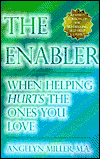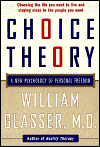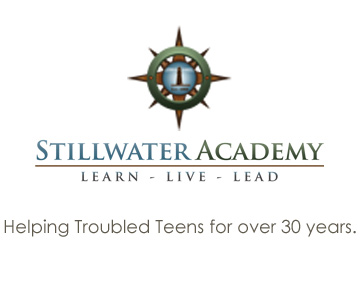|
June, 14 2025
Juvenile Law Glossary |
At-Risk Youth
How to tell if You have an At-Risk Youth
Many parents experience stress as their children grow through their teenage years and start to exercise some independence. Many times teens will act out indifferent ways to �prove� to the world that they are in charge of their lives. While some of this is normal behavior, as a parent it is important to keep an eye out for patterns of poor behavior.
We can expect most teenagers to make mistakes every once in a while, but when these mistakes turn into patterns of behavior, our teens turn into at-risk youth.
Poor Behavioral Patterns of At-Risk Youth
Some of the different behaviors that you should be aware of to help you determine whether or not you have an at-risk youth include the following: rebellion, defiance, impulsiveness, failure in school, abuse of drugs or alcohol, dishonesty, anger, disrespectfulness, underachievement, lack of motivation, manipulation, struggling with ADD, ADHD, ODD, or LD, withdrawn, depression, entitlement, truancy, suicidal thoughts, association with a bad peer group, criminal thinking, gang involvement, sexual activity, bipolar, self-mutilation, running away, post adoption issues, an eating disorder, severe anxiety, low self-esteem, family problems, post traumatic stress, psychological issues, emotional issues, issues from a divorce.
While this list is not all inclusive, it should give you an idea of things to watch for in you teen, to help determine whether or not you have an at-risk youth. Again, some of these issues pop up here and there in many normal teenagers, what you need to look for as a parent is a pattern of any one or any combination of these behaviors.
How to Help At-Risk Youth
There are a variety of ways to choose from to help an at-risk youth. You can start by evaluating your home environment. Is your home a place where clear rules are set, and consequences are consistently enforced? Does your teen know that you love them? Have you told them so? Does your teen know that despite the fact that he/she may make �stupid� decisions and that you may conversely implement consequences that it is their actions that you disapprove of, and not them as your child?
After you�ve evaluated your home environment, there are some other questions you can ask yourself that may aid you in helping your at-risk youth. If I were to ask my teen to go to a counselor, would he/she go willingly with the intent and desire to really take care of the issues that he/she is facing? If so, then the logical first step for you would be to talk to your teen about getting some counseling or recreational therapy that they feel would be beneficial. If you do not think your at-risk youth would be interested at all in counseling, it may be a wise decision for you as parents to get some counseling. A counselor can help you minimize the impact of the situation on the rest of your family, and provides an excellent sounding and suggestion board for parenting assistance. It may also be wise to read some of the books about parenting at-risk youth listed in the eProgramSearch.com bookstore.
Helping At-Risk Youth who don�t want Help
If you teen is resistant to getting help, and after reading and counseling you still feel like your at-risk youth has you at the end of your rope, look into wilderness therapy programs, residential treatment programs, or therapeutic boarding schools. These types of programs are designed to help at-risk youth who are sure that they don�t need help. The therapy and counseling offered through these programs helps at risk youth recognize their patterns of poor behavior and give incentive and support to create new patterns of healthy behavior.
At-Risk Youth - eProgramSearch.com
Learn More About: |







